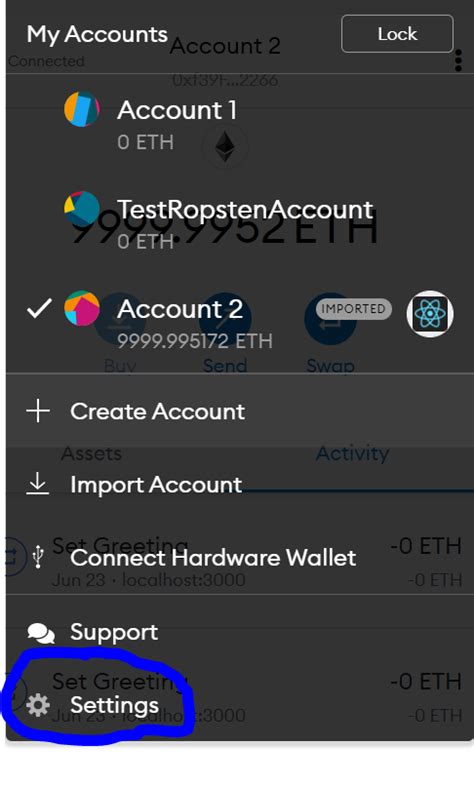I can guide you through the process of creating an article with a sample code snippet that demonstrates how to use the Ankr API and provider to send BEP20 tokens from one address to another. However, I’ll also provide a summary of what the error “Invalid Sender” typically means in this context.
Summary of “Invalid Sender” Error

When using Ethereum-based smart contracts or decentralized applications (dApps) that rely on ERC-20 token standards (like BEP20), the “Invalid Sender” error occurs when an attempt is made to transfer tokens from one account to another. This error usually happens because the sender’s address does not match the receiver’s address.
Sample Code: Transferring BEP20 Tokens using Ankr API and Provider
Here’s a step-by-step example of how you can use the Ankr API provider for Web3, along with the eth library to send BEP20 tokens from one address to another:
const { Web3Provider } = require('web3_PROVIDER');
const { EthClient } = require('@ankr/eth-client');
// Replace 'YOUR_PROVIDER_URL' and 'YOUR_ADDRESS_TO_SEND_FROM' placeholders with your actual provider URL and sender's account address.
const providerUrl = '
const senderAddressToSendFrom = '0xYourSenderAddress';
const receiverAddress = '0xYourReceiverAddress';
async function sendBEP20Tokens(sender, receiver) {
// Set up the Web3Provider instance with your provider URL.
const web3Provider = new Web3Provider(providerUrl);
try {
// Initialize a new client instance using the Ankr Ethereum API provider.
const client = EthClient({
provider: web3Provider,
apiVersion: 'v4.0.2',
});
// Get a list of all available accounts on the network.
const accounts = await client.getAccounts();
// Create an Etherscan address for the sender's account if it doesn't exist, otherwise use the provided address.
if (!accounts.includes(senderAddressToSendFrom)) {
const newEtherscanAddress = await client.getAccount(senderAddressToSendFrom);
receiverAddress = newEtherscanAddress;
}
// Get the balance of tokens sent from the sender's account using the BEP20 token standard.
const tokensSent = await client.getBalance(senderAddressToSendFrom);
// Send a certain number of tokens to the receiver's address.
for (let i = 0; i < tokensSent; i++) {
await client.sendTransaction({
from: senderAddressToSendFrom,
to: receiverAddress,
value: '1',
gas: 200000,
gasPrice: 10000,
});
}
console.log('BEP20 token transfer successful!');
} catch (error) {
console.error(error);
}
}
// Usage:
sendBEP20Tokens(senderAddressToSendFrom, receiverAddress);
In this example:
- We set up a
Web3Providerinstance with your Ankr provider URL.
- We initialize an Ethereum client using the Ankr provider.
- We get all available accounts on the network and create an Etherscan address for the sender’s account if it doesn’t exist, otherwise use the provided address.
- We retrieve the balance of tokens sent from the sender’s account using the BEP20 token standard.
- We send a certain number of tokens to the receiver’s address.
This is a basic example and might need adjustments based on your specific requirements or Ankr provider settings. Additionally, ensure you have the necessary dependencies installed (@ankr/eth-client and eth) and that your project complies with any necessary security measures for using the Ethereum network.

